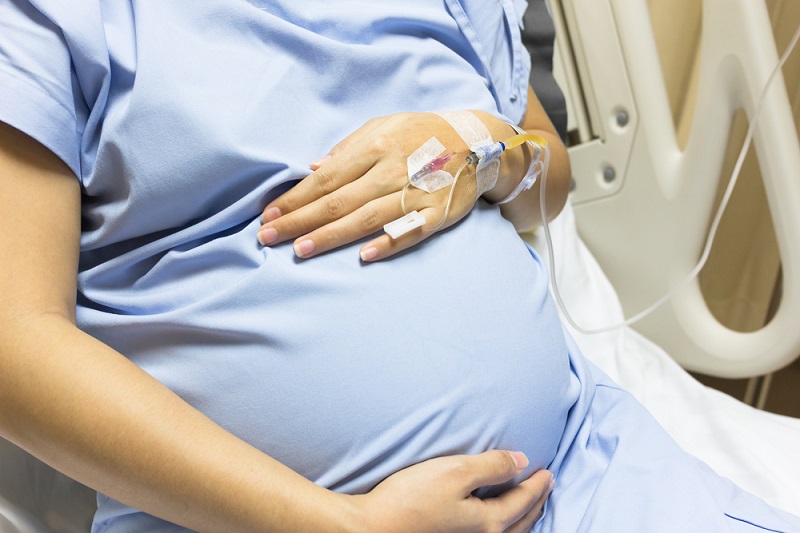More Than Half of Pregnancy-Related Deaths Are Preventable, CDC Says

About 700 U.S. women die each year from pregnancy-related complications, but about 60% of these deaths could be prevented, a new report finds.
Pregnancy-related deaths happen not only before and during delivery, but also up to a year after giving birth, according to the report, released today (May 7) from the Centers for Disease Control and Prevention (CDC).
The researchers found that about 31% of pregnancy-related deaths happen while a woman is pregnant; 36% happen at delivery or up to a week after; and 33% happen later, between one week and one year after delivery.
"Too many women are dying largely preventable deaths" tied to pregnancy, Dr. Anne Schuchat, principal deputy director of the CDC, said in a news conference today. "We can and should do more" to prevent these tragedies, she said. [9 Uncommon Conditions That Pregnancy May Bring]
Tragic deaths
The report analyzed data on pregnancy-related deaths in the U.S. from 2011 to 2015. A death was considered pregnancy related if the death was caused by a pregnancy-related complication, by a chain of events triggered by the pregnancy or by an underlying condition that was made worse by pregnancy.
Overall, about 3,400 pregnancy-related deaths occurred during the five-year period, at a rate of about 17 maternal deaths per 100,000 live births.
There were significant racial disparities in maternal deaths, with black and Native American women being about three times more likely to die from pregnancy-related causes, compared with white women.
Get the world’s most fascinating discoveries delivered straight to your inbox.
Heart disease and stroke ultimately caused more than one-third of the pregnancy-related deaths overall. At the time of delivery, the most common causes of death involved obstetric emergencies, such as severe bleeding and "amniotic fluid embolism," which happens when amniotic fluid enters the mother's bloodstream. In the week after delivery, the most common causes of death were severe bleeding, infection and high blood pressure caused by pregnancy. Later in the postpartum period, from six weeks to one year after delivery, the most common cause of death was cardiomyopathy, or a weakened heart muscle.
"These are women in their prime who leave loved ones behind" who are often stunned by what has happened, Schuchat said. Work is needed "to make these tragic occurrences as rare as possible.
Preventing maternal deaths
The report also identified a number of factors that appear to contribute to maternal deaths, as well as strategies to address these factors. For example, one issue is that some health care facilities have limited experience with obstetric emergencies, making them less prepared to deal with life-threatening complications that arise from pregnancy. To address this, hospitals could provide "simulation" training for staff members on how to deal with obstetric emergencies and implement standard protocols for responding to them.
Doctors can also help women manage chronic conditions that could contribute to pregnancy-related complications, educate their patients about the warning signs of such complications and teach them when to seek emergency care.
"We have the means to identify and close gaps in the care [these women] receive," Schuchat said.
- 11 Big Fat Pregnancy Myths
- Are You Pregnant? 12 Early Signs of Pregnancy
- The 11 Strangest Pregnancy Trends
Originally published on Live Science.

Rachael is a Live Science contributor, and was a former channel editor and senior writer for Live Science between 2010 and 2022. She has a master's degree in journalism from New York University's Science, Health and Environmental Reporting Program. She also holds a B.S. in molecular biology and an M.S. in biology from the University of California, San Diego. Her work has appeared in Scienceline, The Washington Post and Scientific American.


